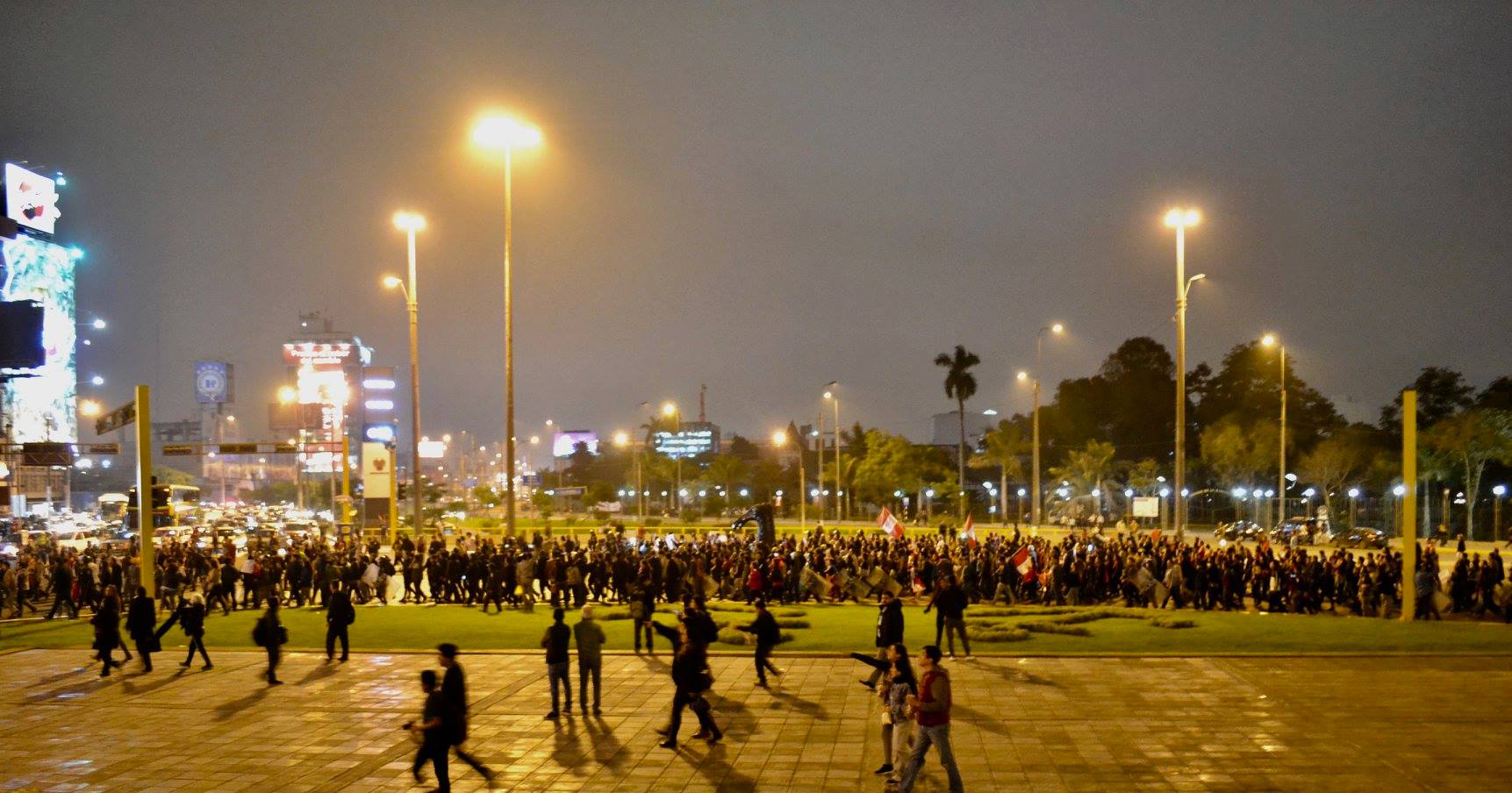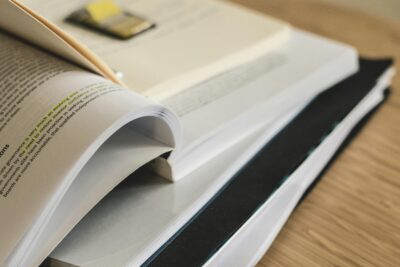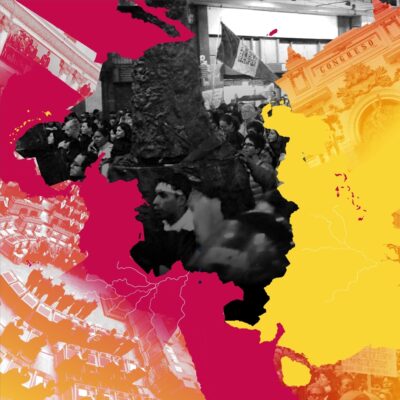
Presentation
Since 2015, the Constitutional Law Area of the Faculty of Law of the Pontificia Universidad Católica del Perú (PUCP) has been part of the Red Interamericana sobre Derechos Fundamentales y Democracia (RED-IDD), whose purpose is to be a shared space of academic and scientific reflection on the consolidation of constitutional democracy and the effectiveness of human rights in the member countries of the Organization of American States (OAS).
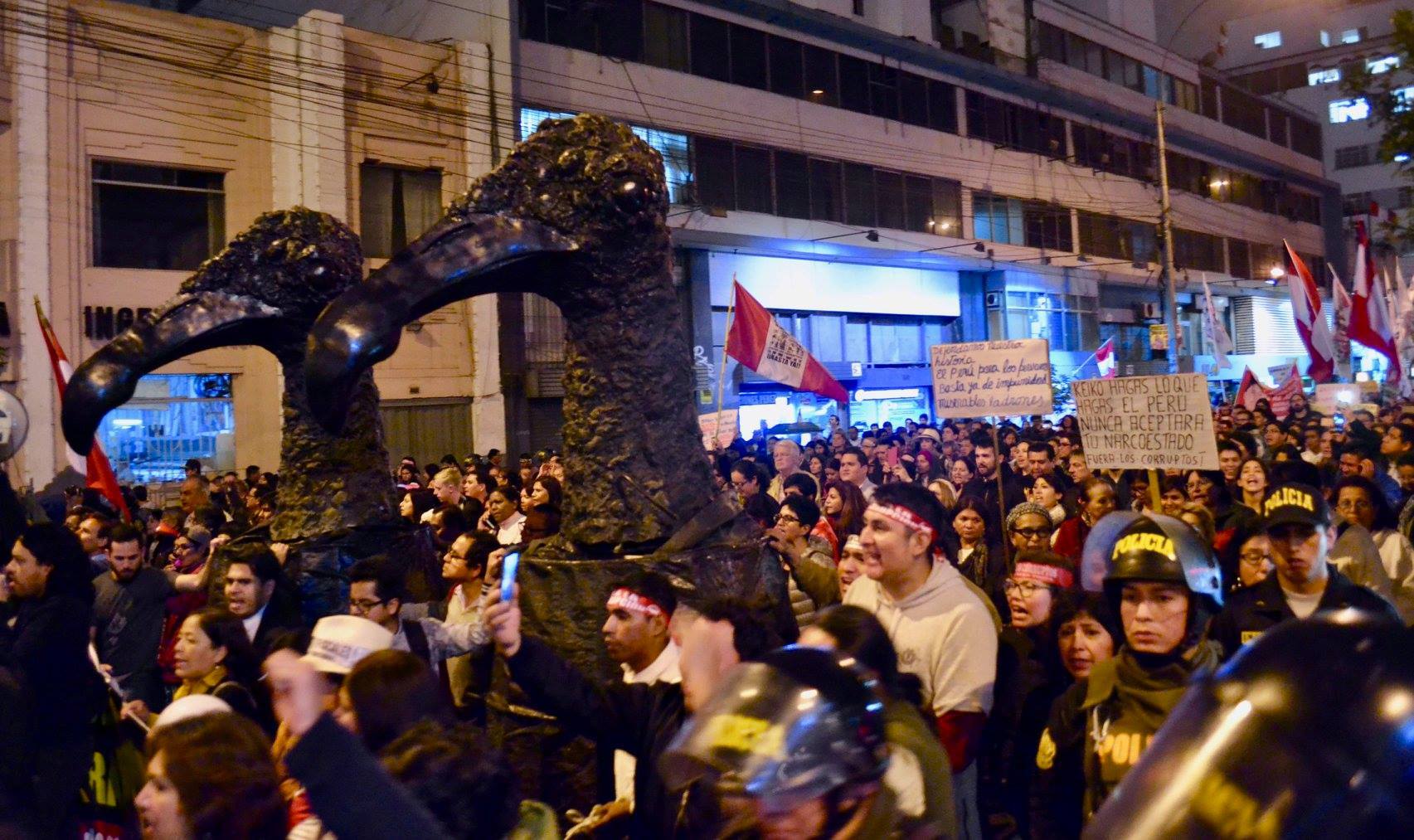
The RED-IDD is made up of various universities from Brazil, Chile and Colombia, such as the Pontifical Catholic University of Rio Grande do Sul, UNIBRASIL, the Universidade do Oeste de Santa Catarina, the Universidade de Santa Cruz do Sul, the University of Talca and the Externado University of Colombia, among others.
One of the objectives of the RED-IDD, as a space for debate, research and generation of knowledge, is to develop periodic thematic conferences, meetings and seminars on topics related to fundamental rights and the development of democracy. Precisely in this framework, the Constitutional Law Area of the PUCP Faculty of Law will hold, on the PUCP institutional campus (Lima), the International Conference “Democratic Erosion and Threat to Fundamental Rights in the Americas”, from September 25 to 27, 2024.
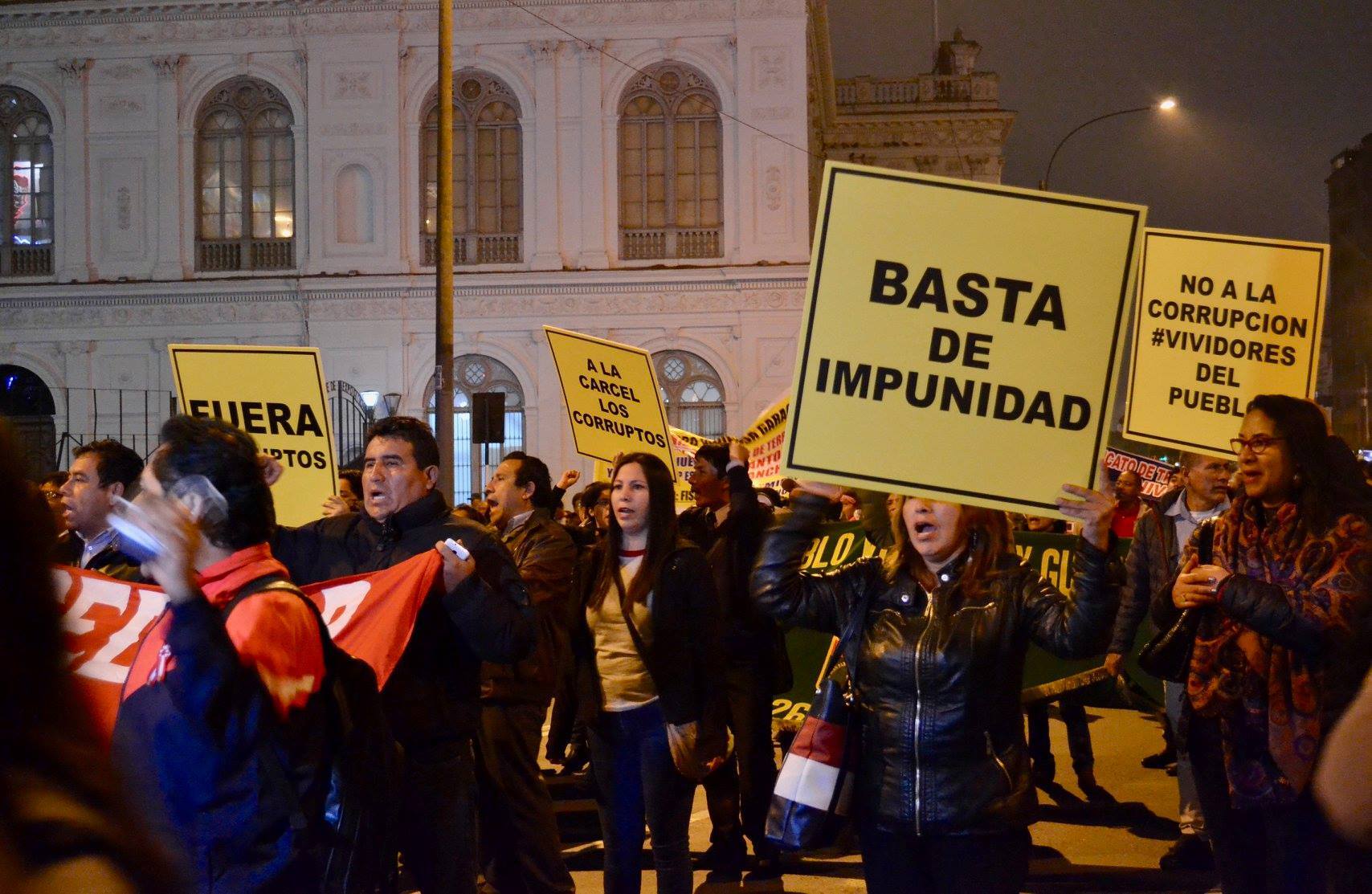
The purpose of the event is to provide an international space for academic and scientific reflection in a significant context for the entire American region. The serious institutional crisis that Peru and other countries in the Americas are going through demands a sense of urgency in the reflection, dialogue and identification of possible solutions from the academy, and that is our commitment to the principles of the Constitution and to our societies.
It is important to note that, starting this year, the title of the Conference will explain the international nature of its academic activities. Actually, it is only about making visible an essential feature that has been present from the beginning in the work of the RED-IDD and the institutions it hosts. In this sense, this and future conferences held in Peru represent a continuity and evolution with the work carried out to date, which is recognized as decisive and essential.
From 2016 to date, we have held eight editions of the National Conference on Fundamental Rights and Democracy in Peru, thereby promoting and consolidating an important tradition of academic reflection and debate in the field of Constitutional Law in the country. It is fair to recognize that such annual conferences constitute the solid organizational and academic basis on which it is now possible to seek the affirmation and strengthening of the international dimension of this valuable space for the exchange of knowledge, ideas and proposals in the field of constitutionalism.
For this year’s 2024 Conference, the Constitutional Law Area of the PUCP will coordinate with various Law Faculties in the country, in order to invite them to actively participate in the thematic panels with speakers and attendees.
In addition, the event will also have the participation, as co-organizing entities, of the Master of Constitutional Law, the Center for Legal Advice and Research (CICAJ), the Research Group on Constitutional Law and Fundamental Rights (GIDCYDEF), Constitutional Perspective, and the Academic Department of Law and the Faculty of Law of the PUCP.
Sobre el Comité y la Metodología
This is the group of professors and researchers in charge of the organization and implementation of the International Conference. It makes decisions regarding the organizational and management aspects of the event, as well as those relating to the scientific aspects, in accordance with international standards of academic excellence. It is composed of the following members:
- Francisco Eguiguren
- Elena Alvites
- Milagros Revilla
- Liliana Salomé
- Juan Carlos Díaz
- Joel Campos
- Abraham Siles
The Organizing Committee is responsible for the following tasks:
- Determine the thematic panels
- Select the international experts who will deliver the keynote lectures
- Seek sponsorship from academic institutions and other entities of solid prestige
- Appoints the moderators and rapporteurs for each thematic panel
- Organize the publication, after the event, of a book or special issue or section of a prestigious specialist journal (indexed in Scopus Q2 or Q1), which brings together the works presented at the Conference
- Decide on academic issues that may arise during the Conference
- Performs and supervises the execution of other tasks related to the organization and management of the event, including the call and dissemination, as well as coordination with other universities and participants in general
- Establishes the rules and procedures that it considers necessary for the execution of its tasks and for the best completion of the Conference
- The Organizing Committee may delegate specific tasks to work subgroups or to any of its members
In particular, the Organizing Committee appoints an International Scientific Committee made up of three professors with a doctorate degree and recognized prestige as teachers and researchers.
The International Scientific Committee will be in charge of the following tasks:
- It carries out the academic arbitration of the lectures and comunications presented, in accordance with international standards.
- Select the lectures and comunications that will be presented at each thematic panel
- Establishes the rules and procedures that it considers necessary for the execution of its tasks.
On this occasion, the following persons have been appointed as members of the International Scientific Committee:
- Dr. Milagros Revilla (president) (PUCP)
- Dr. Monia Hennig Leal (Universidade do Oeste de Santa Catarina)
- Dr. Jorge León (PUCP)
The methodology of the conference will combine keynote lectures by internationally renowned experts with lectures to be presented by professors and academic researchers in six thematic roundtables (senior category).
There will also be a special space for the presentation of academic communications by students and researchers (junior category).
Keynote lectures will have an estimated duration of up to 40 minutes. Lecture selected for presentation, up to 20 minutes. And lectures selected for presentation, up to 10 minutes.
All lectures and communications will be the result of academic research work and must have been accepted by the International Scientific Committee after the corresponding arbitration.
The keynote lectures will be face-to-face. Lectures and communications selected for presentation may be either face-to-face or virtual.
The languages of the Conference will be Spanish and English. Keynote lectures in English will have simultaneous translation.
Several of the activities of the Conference will be recorded in video and audio. There will be simultaneous transmission and subsequent dissemination through different media and communication formats.
The Conference will have a space for dissemination on the website of the Faculty of Law of the PUCP.
